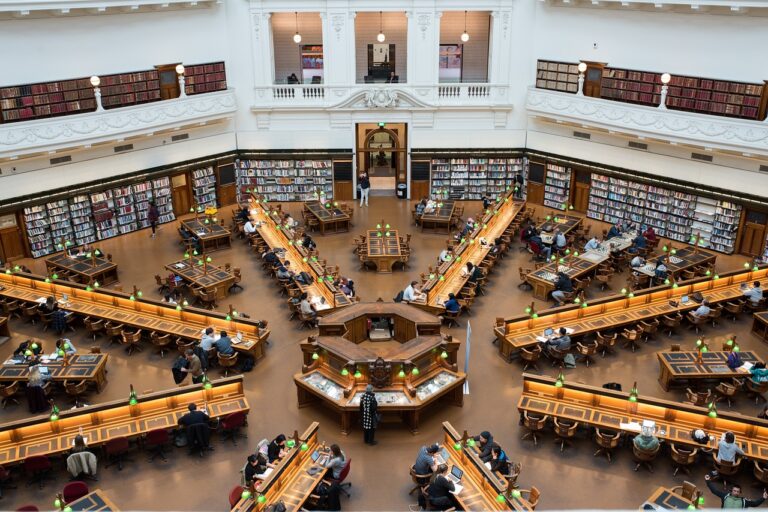Promoting Digital Citizenship through EdTech-Integrated Dance History and Cultural Studies
diamondexch999.com login, skyexchange sign up, ready book club login:Promoting Digital Citizenship through EdTech-Integrated Dance History and Cultural Studies
In today’s digital age, promoting digital citizenship is more important than ever. With the rise of technology and the internet, it’s crucial for individuals to understand how to navigate the online world responsibly and ethically. One way to foster digital citizenship is through integrating educational technology (EdTech) into dance history and cultural studies.
EdTech offers a range of tools and resources that can enhance the learning experience for students. By incorporating digital platforms and resources into dance history and cultural studies curriculum, educators can create a more engaging and interactive learning environment. This not only helps students develop a deeper understanding of the subject matter but also teaches them important skills related to digital citizenship.
Here are some ways in which EdTech-integrated dance history and cultural studies can promote digital citizenship:
1. Interactive Online Modules: Create interactive online modules that allow students to explore different aspects of dance history and culture. These modules can include videos, articles, quizzes, and other multimedia elements that engage students and encourage them to think critically about the subject matter.
2. Virtual Field Trips: Take students on virtual field trips to historical dance sites and cultural landmarks around the world. Virtual reality technology can transport students to different locations, allowing them to experience and learn about different cultures in an immersive way.
3. Social Media Projects: Assign social media projects that require students to research and share information about different dance styles, traditions, and cultures. This helps students develop digital literacy skills while also promoting cultural awareness and appreciation.
4. Online Collaborative Projects: Encourage students to work on collaborative projects using online platforms such as Google Docs or Padlet. This fosters communication and teamwork skills while also teaching students how to collaborate effectively in a digital environment.
5. Digital Storytelling: Have students create digital storytelling projects that showcase the history and significance of different dance forms. This allows students to express their creativity while also developing digital communication skills.
6. Virtual Guest Speakers: Invite guest speakers from different cultural backgrounds to give virtual presentations to students. This exposes students to a diverse range of perspectives and promotes cross-cultural understanding.
By integrating EdTech into dance history and cultural studies, educators can create a dynamic learning experience that promotes digital citizenship. Through interactive online modules, virtual field trips, social media projects, collaborative assignments, digital storytelling, and virtual guest speakers, students can develop critical digital literacy skills while also gaining a greater appreciation for the richness and diversity of dance history and cultural studies.
FAQs
Q: How can educators ensure that students stay safe online while using EdTech for dance history and cultural studies?
A: Educators can promote online safety by teaching students about the importance of privacy, security, and responsible online behavior. Setting ground rules for online use, monitoring students’ online activities, and discussing potential risks can help create a safe learning environment.
Q: What are some challenges of integrating EdTech into dance history and cultural studies?
A: Some challenges include access to technology, digital divide issues, and the need for professional development for educators. It’s important for educators to address these challenges and work towards creating an equitable and inclusive learning environment for all students.
Q: How can students benefit from EdTech-integrated dance history and cultural studies?
A: Students can benefit from enhanced engagement, interactive learning experiences, access to a diverse range of resources, and the development of critical digital literacy skills. EdTech-integrated learning can help students gain a deeper understanding of dance history and cultural studies while also preparing them for the digital world.
Q: How can parents support their children’s digital citizenship education at home?
A: Parents can support their children’s digital citizenship education by setting boundaries for screen time, monitoring online activities, having open conversations about online safety and privacy, and modeling responsible online behavior themselves. Collaboration between parents and educators is key to promoting digital citizenship both at school and at home.






